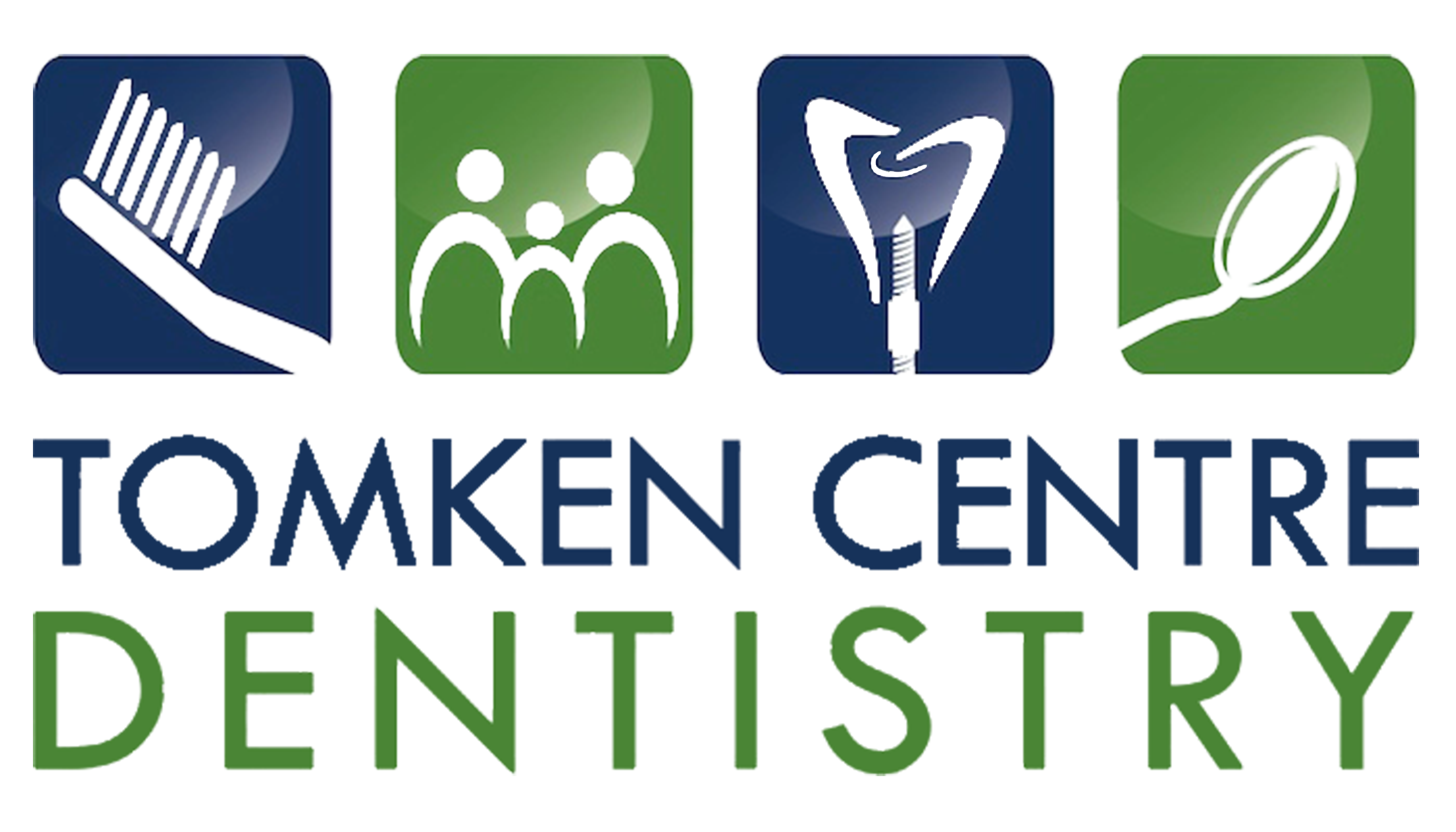
Jaw Pain Is Not Normal.
Experiencing jaw pain as a part of your daily life might make it seem normal, but in reality, it is far from normal and could be a symptom of a condition known as Temporomandibular Disorder (TMD) affecting one or both of your Temporomandibular Joints (TMJs). The TMJs are the joints connecting your lower jaw to your skull. When these joints are affected by disease or misalignment, inflammation occurs, resulting in pain and other associated symptoms.
Here are some common signs of TMJ disorder (TMD):
- Headaches
- Earaches and tenderness around the ears
- Facial or jaw pain and tenderness
- Muscle pain in the neck, shoulders, and upper back
- Ringing sensation in the ears
- Clicking, popping, or grinding sounds in the jaw
- Difficulty in chewing, yawning, or opening the mouth
How Do We Diagnose And Treat TMJ Disorder?
Exam and Diagnosis
To initiate the treatment of Temporomandibular Disorder (TMD), a thorough clinical examination is conducted, encompassing an assessment of your face, jaw, bite, joints, and teeth. During your appointment, we will examine for any signs of pain, tenderness, and listen for clicking or popping sounds when you perform actions such as opening and closing your mouth, swallowing, or chewing. Upon diagnosis of the disorder, an initial treatment often involves the recommendation of a bite splint or night guard. These devices are designed to provide support and alleviate symptoms.
Treatment and Relief
In our treatment approach, we utilize custom-created bite splints, which are plastic mouthpieces tailored to fit over your upper and/or lower teeth. These specialized devices serve to prevent the grinding and clenching actions that commonly contribute to or exacerbate TMD. By wearing the splint, the jaw is realigned, effectively reducing stress on the surrounding area and promoting relief from symptoms.
Alternative Treatment Options
If a misaligned bite or missing teeth are the cause of your symptoms, we may recommend orthodontics or restorative dental work. If your bite is placing undue pressure on the TMJ’s, we may suggest reshaping individual teeth to redistribute the bite force evenly.
Contact us today
to schedule an initial consultation & exam.
Your consultation will include an examination of everything from your teeth, gums and soft tissues to the shape and condition of your bite. Generally, we want to see how your whole mouth looks and functions. Before we plan your treatment we want to know everything about the health and aesthetic of your smile, and, most importantly, what you want to achieve so we can help you get there.

Winner Of The Three Best Rated Award
Dr. Ameen is the winner of the 3 Best Cosmetic Dentists in Mississauga.
Frequently Asked Questions
TMJ stands for Temporomandibular Joint, which refers to the joint connecting the jawbone to the skull. When there is misalignment or inflammation in this joint, it is commonly referred to as Temporomandibular Joint Disorder or TMD for short.
TMD (Temporomandibular Disorder) can manifest through various signs and symptoms. These may include experiencing pain and tenderness in or around the ear, the jaw joint, or the muscles of the jaw, face, or temples. Difficulties in opening or closing the mouth, as well as the presence of clicking, popping, crunching, or grinding noises when chewing, yawning, or opening the mouth, are common indicators. It’s worth noting that TMDs can also be associated with neck pain and headaches.
TMD (Temporomandibular Disorder) is caused by a combination of factors, including jaw injuries and joint diseases such as arthritis. Additionally, it is believed that habits like tooth clenching or grinding (bruxism) and muscle tension in the head or neck region can exacerbate TMD symptoms. Stress is also considered a potential contributing factor, although it remains unclear whether stress directly causes TMD or is a consequence of the condition. Other factors that can lead to TMD include ill-fitting partial or full dentures and certain habits like biting fingernails or pens/pencils. Due to the diverse range of causes, diagnosing TMD can be challenging. The best course of action to understand your jaw pain symptoms is to schedule an appointment for a professional evaluation.
There are many possible causes of headaches. No doctor will be able to determine the cause of your headache without a physical examination.
In the majority of cases, TMJ pain can be effectively treated using non-invasive treatments and therapies. Surgical intervention for TMD is extremely rare. Your well-being and satisfaction are of utmost importance to us. We are committed to providing you with a comprehensive understanding of all available options, prioritizing the safest and least invasive treatments first. Ultimately, the final decision regarding your treatment will be in your hands, empowering you to make an informed choice about the next steps.









